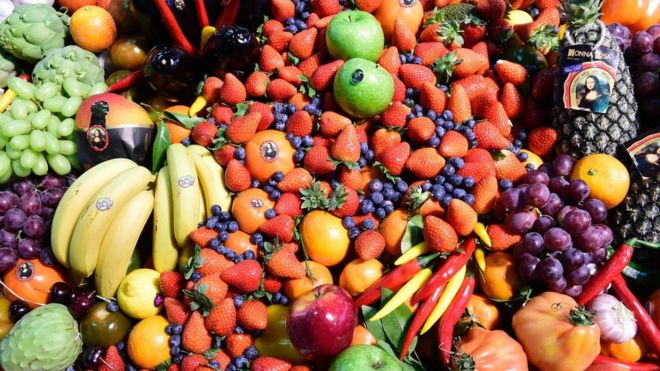
EU rules allow for a certain amount of goods to be brought in from countries outside of the Union without charging full tariffs.
After Brexit, the UK and EU want to split these quotas, based on where the goods are mostly consumed.
But Australian trade minister Steven Ciobo said it would impose unacceptable restrictions on their exports.
He told BBC Radio 4’s Today programme: “The point is that you have a choice about where you place your quota at the moment.
“Therefore, given that you could put it in the UK or you could put it into continental Europe, why would we accept a proposition that would see a decline in the quota available because of the Brexit decision?”
- Post-Brexit trade proposals published
- What are Brexit Britain’s trade options?
- Davis ‘optimistic’ over EU trade deal
Dave Harrison, from Beef and Lamb New Zealand, agreed that its finances could be hit hard if they were not allowed to choose where to import more or less of their products.
He told Today: “We understand that Brexit causes a lot of difficulties for the European governments, but we don’t think third countries should have to take a hit in terms of their negotiated legal rights as a result of that.”
Shanker Singham, of The Legatum Institute, said the UK should talk to other countries about trade directly.
He added: “We should be going to them and saying we have the ability – once we take up our chair at the WTO [World Trade Organisation] – to do trade agreements with you that will include a certain amount of liberalisation, depending on what you are prepared to give us.
“But if you damage us on the way to reclaiming our seat on the WTO, we are not going to be able to do those deals with you.”
The US, Brazil and Canada are also said to have their doubts about the new deal, believing it could hit them financially.
A spokesman for the UK’s Department of International Trade told Today the government wanted to minimise disruption to trading relationships and would engage with other members of the World Trade Organisation in an “open, inclusive way”.
Countryside impact
Meanwhile, Tory MP Neil Parish, who chairs the environment, food and rural affairs committee in Parliament, raised concerns that if the UK’s exports to the EU were hit post-Brexit and more imports were coming into the country from further afield, it could affect industries on our shores.
Shadow international secretary of trade, Barry Gardiner, also said the wider implications could see an impact on the British countryside.
“As you affect farming, so you affect the way our country looks,” he said. “That means you also affect the tourist trade.
“These are huge decisions that are being taken and we must protect our farmers to make sure that our countryside looks the way we want it to. “
source:-.bbc.
